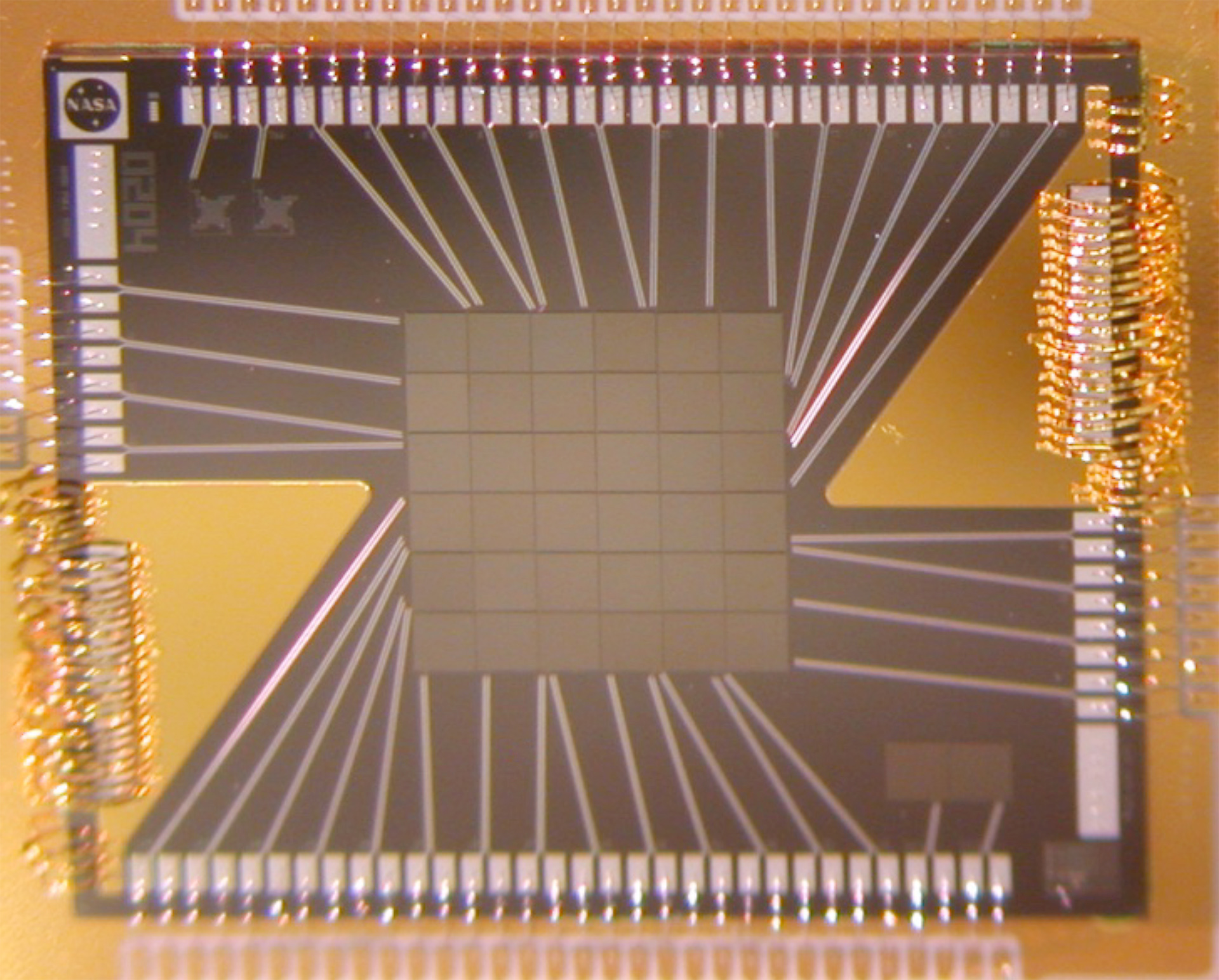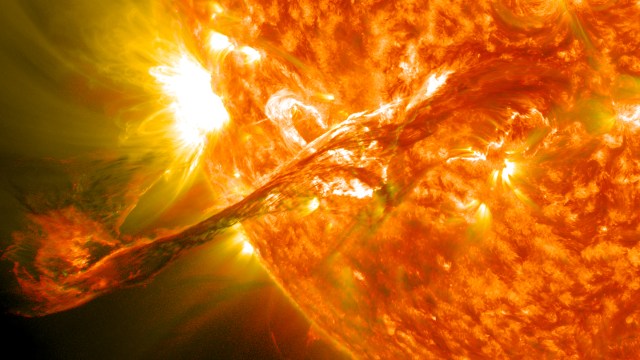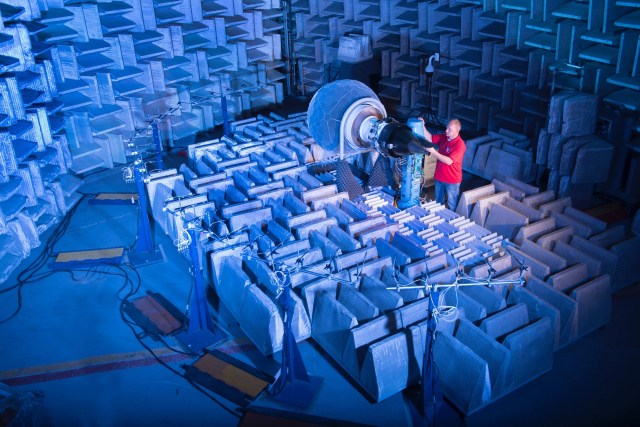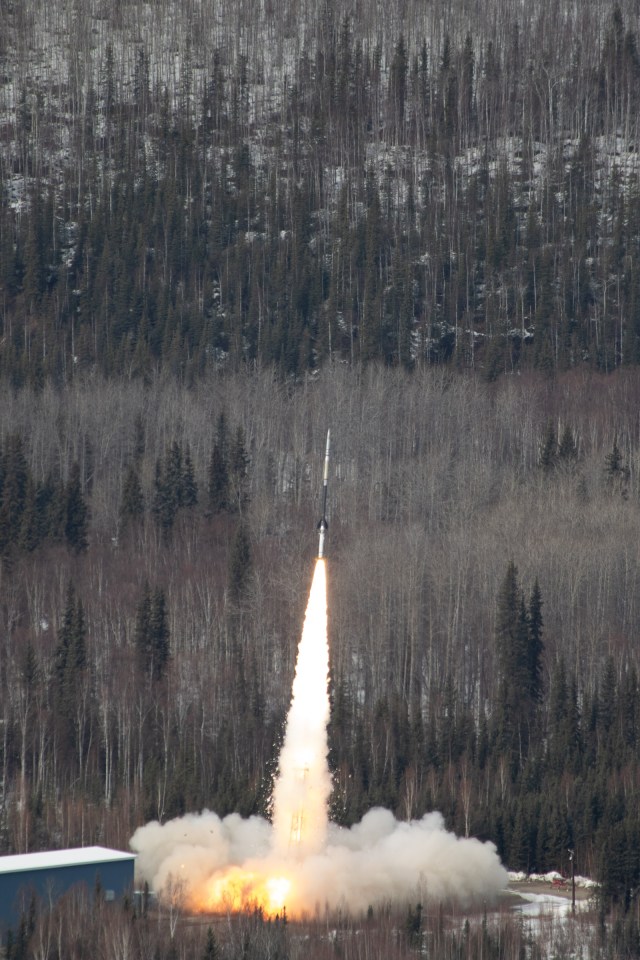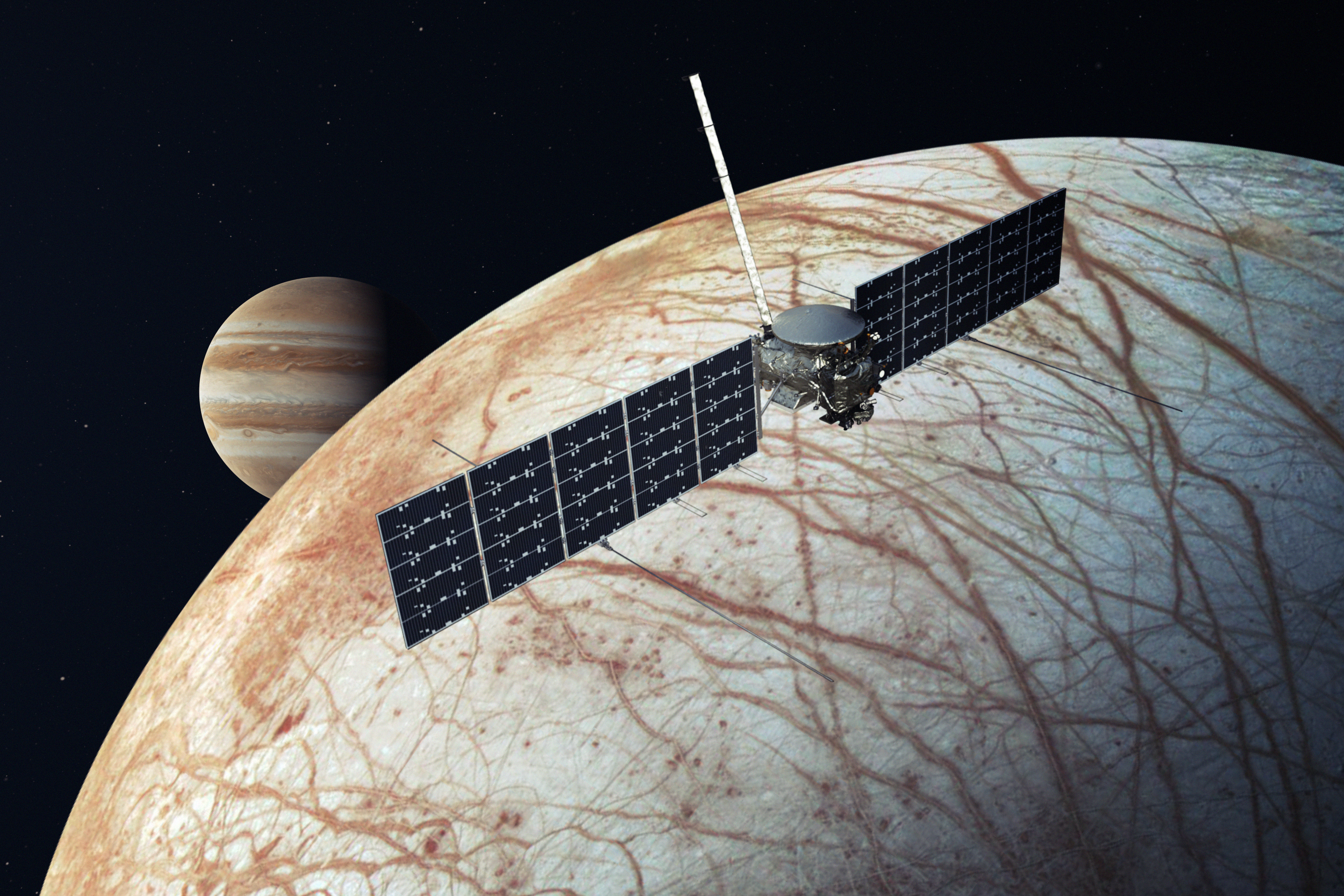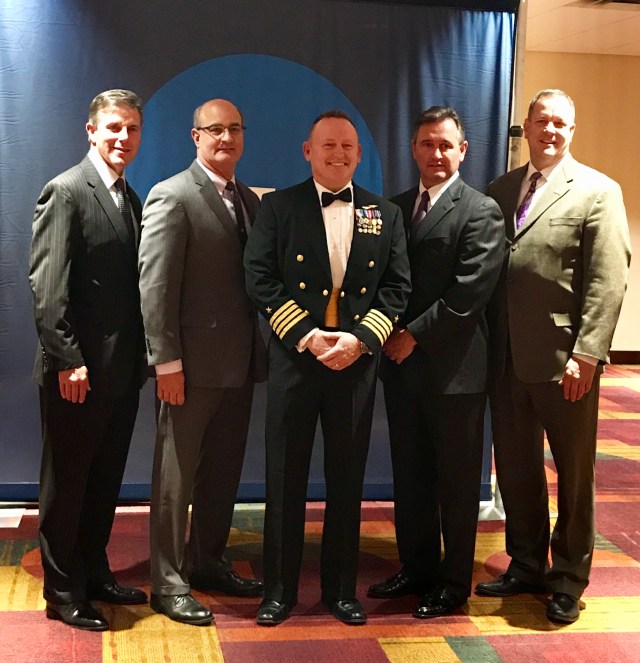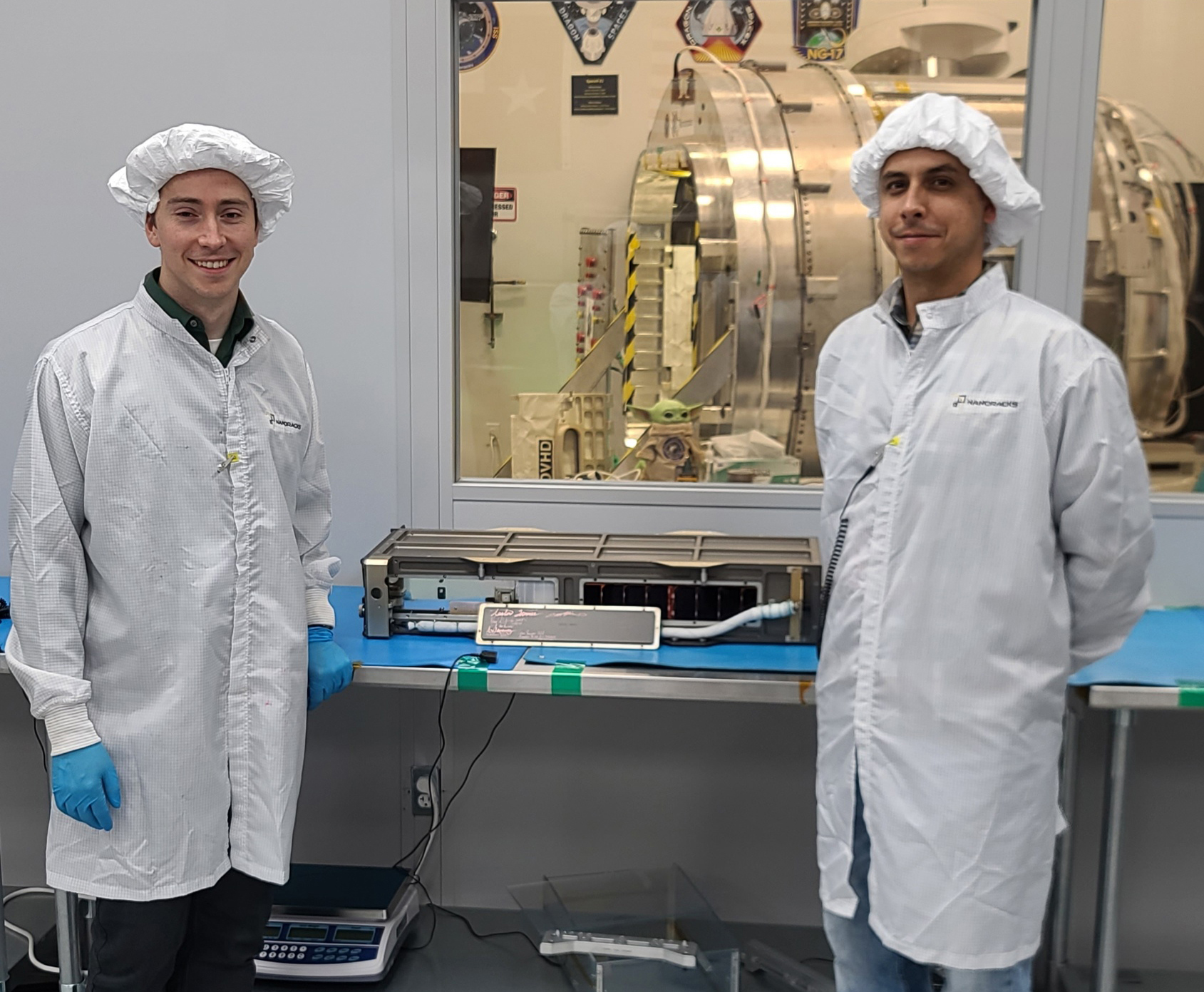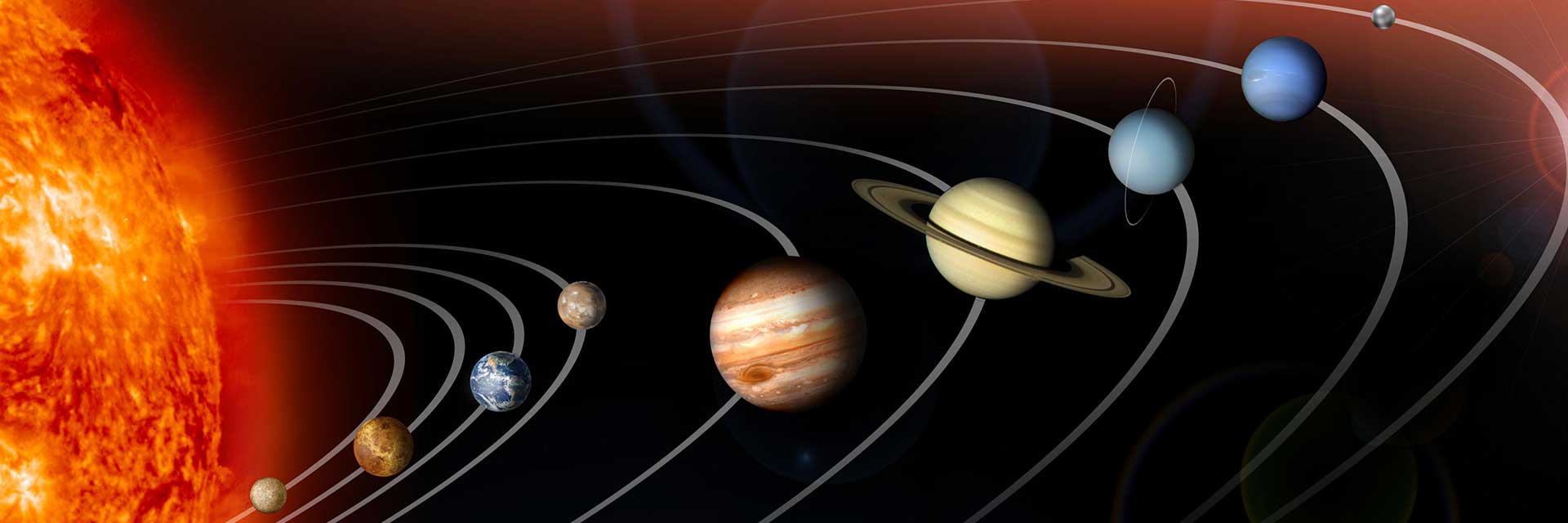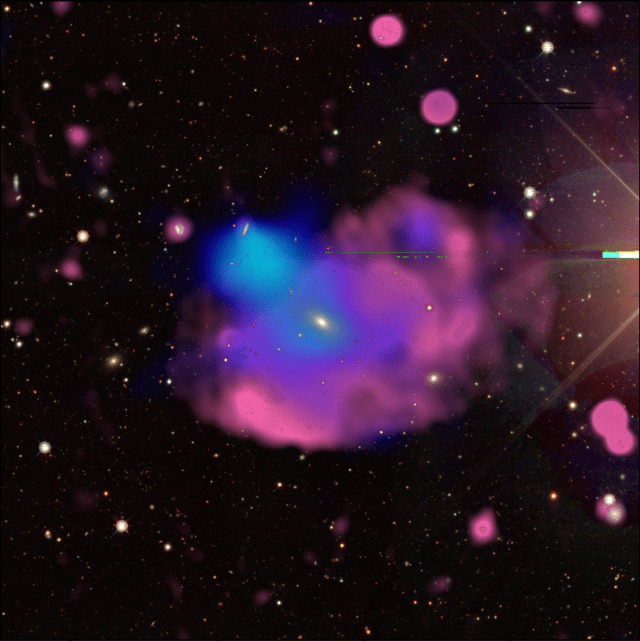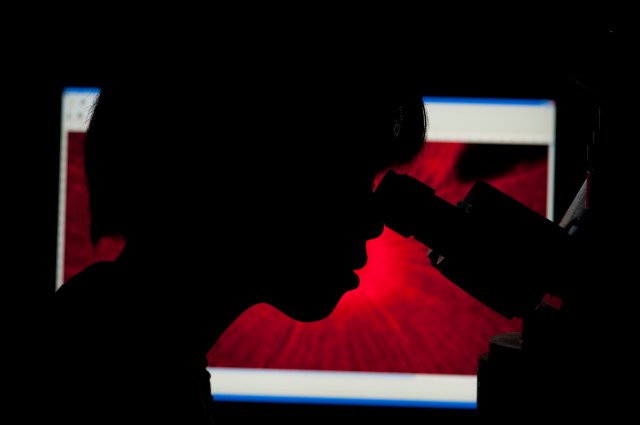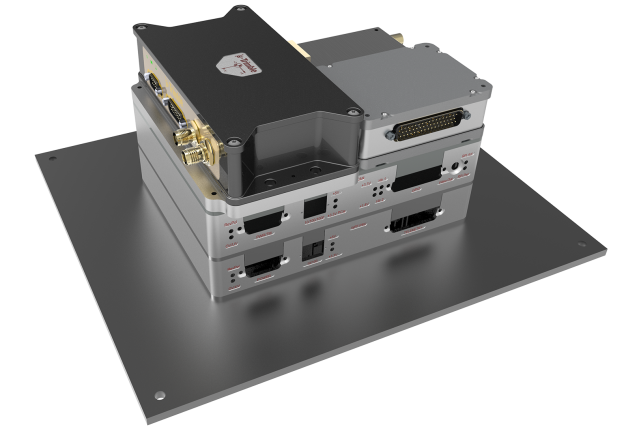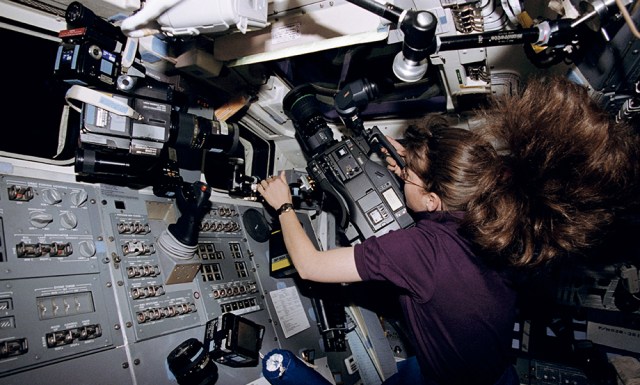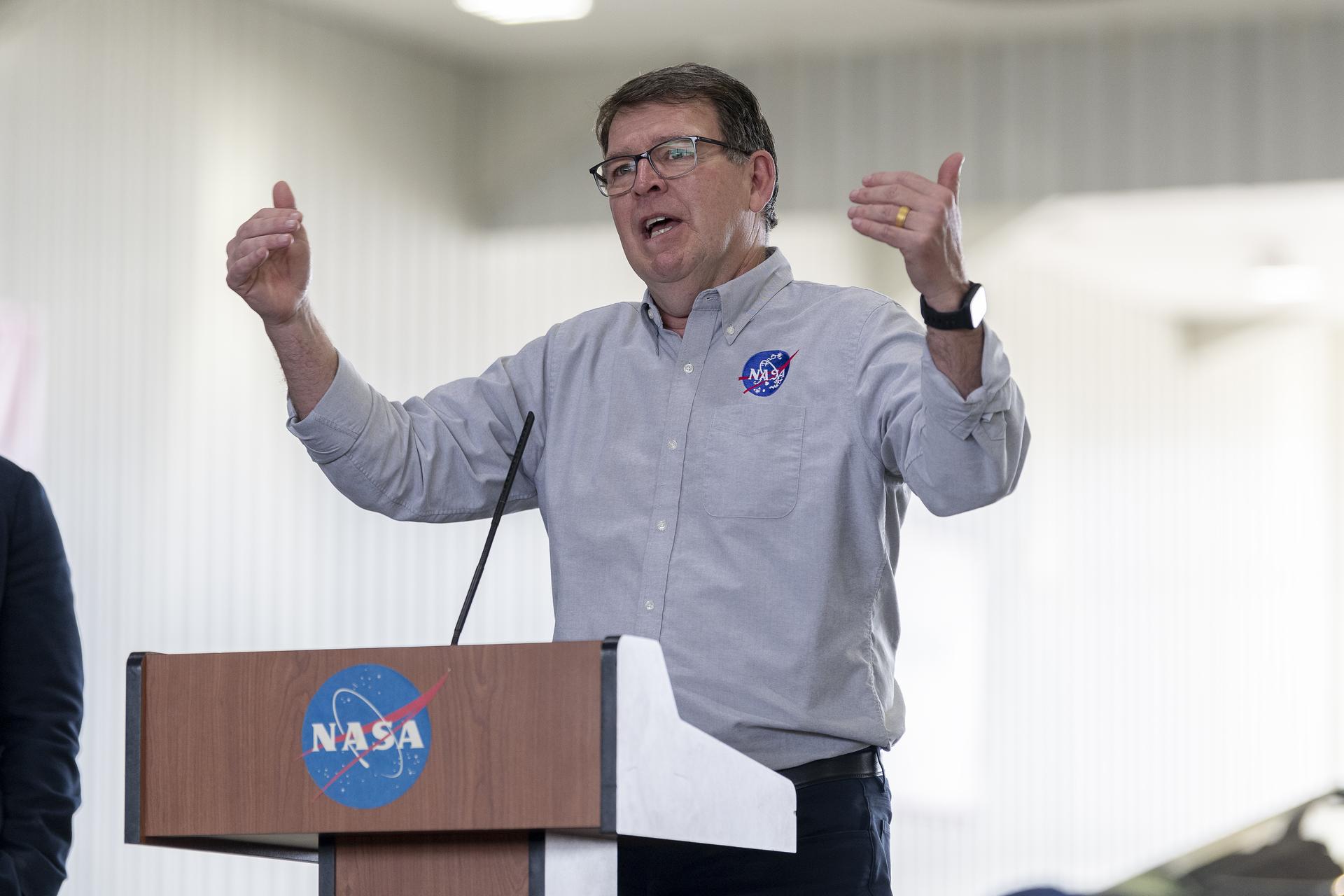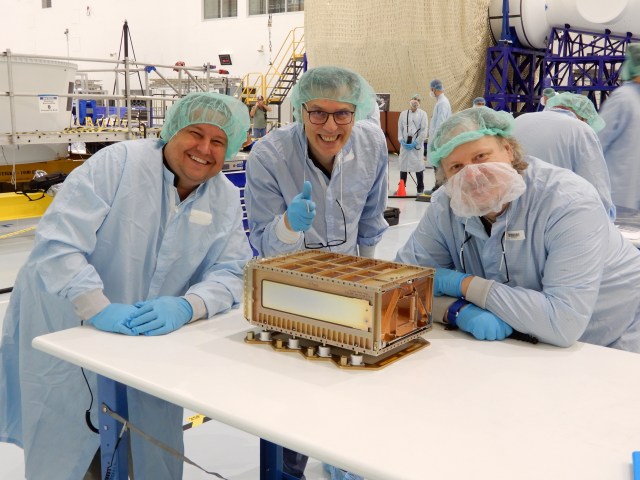NASA has selected eight university-led proposals for the study of innovative, early stage technologies that address high priority needs of America’s space program.
The grants from NASA’s Space Technology Research Grants program are worth up to $200,000 per year with up to three years of research. The grants are awarded to outstanding faculty researchers early in their careers as they conduct space technology development of high priority to NASA.
“Our grants program provides talented early career faculty with funds to develop new and transformative space technologies and/or systems concepts,” said Steve Jurczyk, associate administrator for NASA’s Space Technology Mission Directorate in Washington. “In the end, NASA benefits from the research the faculty members conduct, while the researchers expand their network at the agency.”
The proposals selected under the Early Career Faculty 2016 solicitation address unique, disruptive or transformational technologies, including: Verification and Validation of Autonomous Systems, Cryogenic Actuator Technology Development, and Effective Human-Robot Interaction (HRI) for Space Exploration.
The eight universities selected for Early Career Faculty grants and the titles of their proposals are:
- Necmiye Ozay, University of Michigan in Ann Arbor: “Run-time Anomaly Detection and Mitigation in Information-Rich Cyber-Physical Systems”
- Kristin Rozier, Iowa State University in Ames: “Multi-Platform, Multi-Architecture Runtime Verification of Autonomous Space System”
- SungWoo Nam, University of Illinois at Urbana-Champaign in Champaign: “Corrugated Two-dimensional Material Enabled Flexoelectricity for Cryogenic Actuator Technology”
- Seok Woo Lee, University of Connecticut in Storrs: “Development of Small-Volume, High-Precision, and Reliable Cryogenic Linear Actuators by Using Novel Intermetallic Compounds”
- Dimitra Panagou, University of Michigan in Ann Arbor: “The AstroNet: A Human-Centric Network of Free-Flying Space Co-Robot”
- Daniel Szafir, University of Colorado in Boulder: “Developing Principles for Effective Human Collaboration with Free-Flying Robots”
- Sonia Chernova, Georgia Institute of Technology in Atlanta: “Increasing Efficiency of Routine Robot Space Operations through Adjustable Autonomy and Learning from Human Instructions”
- Stefanie Tellex, Brown University in Providence, Rhode Island: “Human-Robot Collaboration on Complex Tasks”
NASA’s Early Career Faculty efforts are an element of the agency’s Space Technology Research Grants program. The goal of this program is to accelerate the development of low technology readiness level space technologies to enable future systems capabilities and missions for NASA, other government agencies and the commercial space sector.
The program is funded by NASA’s Space Technology Mission Directorate, which is responsible for developing the cross-cutting, pioneering, new technologies and capabilities needed by the agency to achieve its current and future missions.
For more information about NASA’s Space Technology Research Grants program, visit:
For more information about the Space Technology Mission Directorate, visit:

